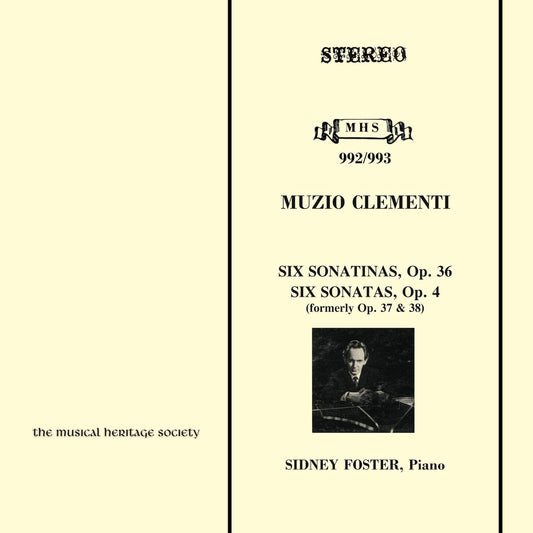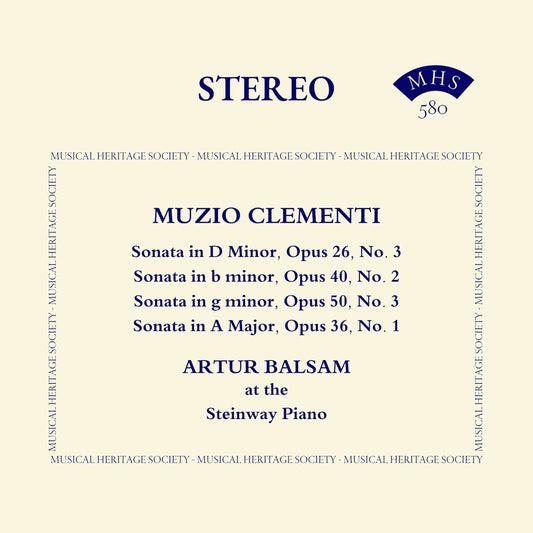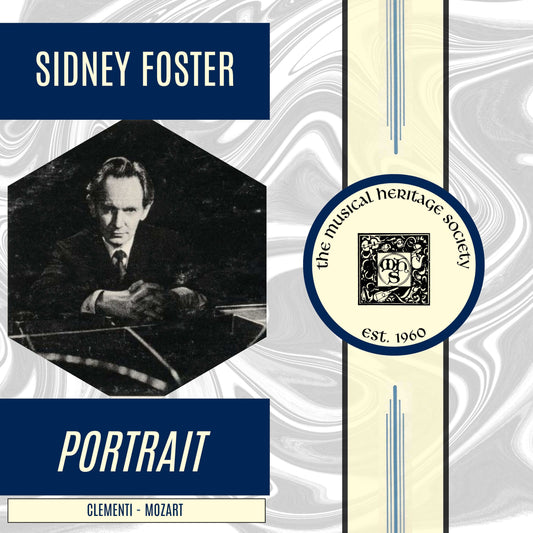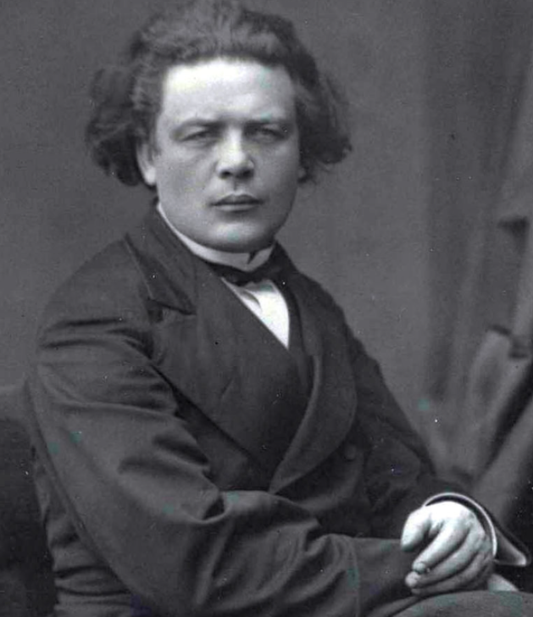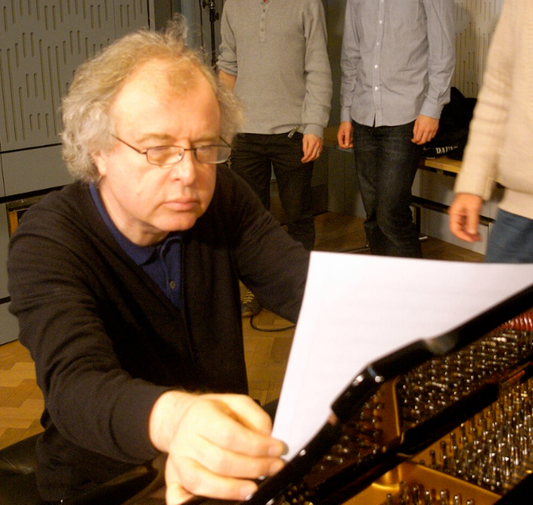Collection: MUZIO CLEMENTI (1752-1832)
Muzio Clementi (1752-1832) was a highly influential figure in the world of classical music, celebrated as a composer, groundbreaking pianist, respected teacher, conductor, music publisher, and piano manufacturer. Though born in Rome, Italy, he spent most of his prolific career in England, becoming a naturalized British citizen. His multifaceted contributions, particularly his development of piano technique and compositions tailored to the instrument, earned him the enduring title "Father of the Pianoforte."
Born Mutius Philippus Vincentius Franciscus Xaverius Clementi, he was the eldest of seven children. His father, a silversmith, recognized Muzio's exceptional musical talent early on. By age seven, he was receiving formal instruction, and by nine, he was skilled enough to hold a position as a church organist. At thirteen, he had already composed an oratorio. His prodigious abilities attracted the attention of a wealthy English traveler, Sir Peter Beckford, in 1766. Beckford persuaded Clementi's father to allow him to take the young Muzio (then 14) to his estate in Dorset, England, for rigorous, focused study. Clementi spent seven years there, dedicating himself to mastering the harpsichord and composition.
Freed from his obligations to Beckford in 1774, Clementi moved to London. He quickly gained success, initially performing on the harpsichord at benefit concerts and serving as a keyboard conductor at the King's Theatre. The publication of his Opus 2 sonatas around 1779 significantly boosted his fame. As the pianoforte gained popularity, especially in England, Clementi embraced its unique capabilities, developing a brilliant and powerful playing style distinct from the harpsichord. His technique, noted for its execution, particularly in the right hand and in passages involving thirds, set new standards.
In 1780, Clementi embarked on a European tour, performing in Paris (for Queen Marie Antoinette), Strasbourg, Munich, and Vienna. This tour led to a famous "piano duel" with Wolfgang Amadeus Mozart in Vienna on Christmas Eve, 1781, arranged by Emperor Joseph II. Both artists improvised and performed their own works. While the Emperor diplomatically declared it a tie, Mozart later commented critically on Clementi's mechanical brilliance, though acknowledging his technical skill.
Returning to London in 1782, Clementi continued a highly successful career as a performer, composer, and fashionable teacher for the next two decades. His pupils included notable figures like Johann Baptist Cramer and John Field (who later invented the nocturne). His compositions from this era, especially his piano sonatas, were pivotal. He composed nearly 110 sonatas in total, which were among the first works written specifically to exploit the expanding expressive and technical potential of the piano. These works, often technically demanding, significantly influenced later composers, including Ludwig van Beethoven, who greatly admired Clementi's sonatas.
Beyond performing and composing, Clementi proved to be a shrewd businessman.[2][5] Around 1798-1799, perhaps spurred by increased competition from Haydn's London visits and Mozart's criticism, he co-founded a firm, Clementi & Co., dedicated to music publishing and piano manufacturing. This venture was highly successful, making significant improvements to piano design and publishing works by many contemporary composers, including securing exclusive English rights for some of Beethoven's music.
His most enduring pedagogical work is the Gradus ad Parnassum ("Steps Toward Parnassus"), published in volumes between 1817 and 1826. This collection of 100 intricate piano studies remains a cornerstone of advanced piano technique training. His earlier Introduction to the Art of Playing on the Piano Forte (1801) was one of the first method books specifically for the piano, superseding earlier harpsichord tutors. His Op. 36 Sonatinas also remain staples for piano students.
In 1810, Clementi largely retired from public performance to focus on composition and his business ventures. He was a key figure in founding the Philharmonic Society of London in 1813 (now the Royal Philharmonic Society). After further travels, he retired to the English countryside around 1830 and died in Evesham, Worcestershire, in 1832 at the age of 80. In recognition of his immense contribution to music in his adopted country, he was buried in Westminster Abbey.
Muzio Clementi's legacy is substantial. He fundamentally shaped modern piano technique, created a rich repertoire for the instrument, influenced generations of composers and performers, and successfully navigated the business side of music. His title, "Father of the Pianoforte," reflects his central role in establishing the piano as the dominant keyboard instrument and defining how it should be played.

